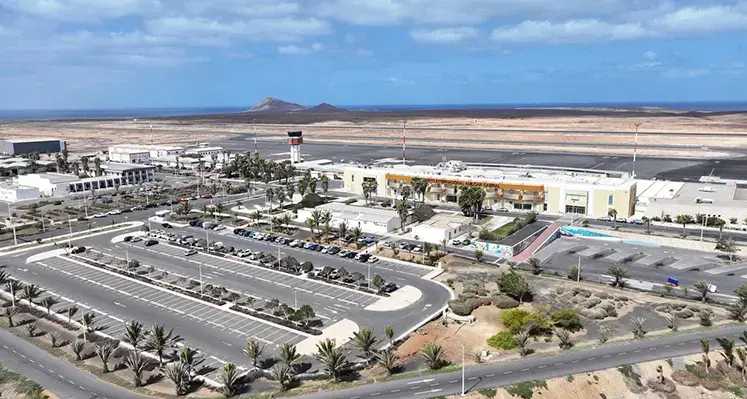
RFQ marks first step in private sector participation process to strengthen operations and attract private investment
Transnet SOC Ltd has released a Request for Qualification to begin identifying a private sector partner for its Private Sector Participation project at the Richards Bay Dry Bulk Terminal
The RFQ marks a significant step under Transnet’s Reinvent for Growth Strategy and reflects its intention to formally engage the market to enhance operational efficiency, secure private investment and reinforce the long-term sustainability of South Africa’s freight and logistics network.
The Richards Bay Dry Bulk Terminal serves as a vital export hub for bulk commodities, especially chrome and magnetite. Through the PSP initiative, Transnet aims to harness private sector capital and operational expertise to strengthen reliability and efficiency, enable future capacity expansion and maintain strategic control of the asset.
In addition, the project is expected to create opportunities linked to supplier development, local participation and community upliftment, particularly in the Richards Bay area.
As the first stage of the selection process, the RFQ calls on interested bidders to demonstrate their technical expertise, operational track record, financial strength and compliance with Transnet’s stipulated requirements. Applicants must also present clear and measurable proposals detailing how they will advance community upliftment through the PSP arrangement. Parties that satisfy the qualification criteria may progress to a subsequent Request for Proposal phase.
Transnet has emphasised that the PSP process will be managed transparently and competitively, in full alignment with applicable governance standards and regulatory obligations. Ongoing engagement with key stakeholders, including employees, organised labour and government, will remain central throughout the process.















